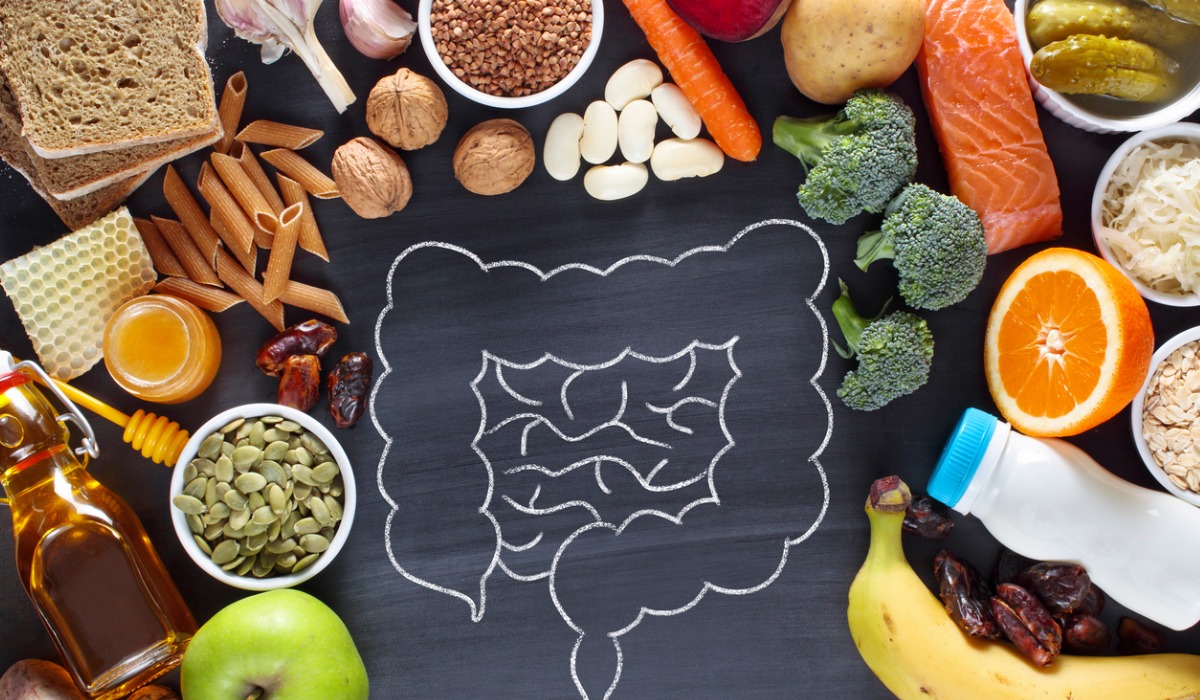Reflux, irritable bowel, constipation, Crohn’s, ulcerative colitis, bloating, indigestion and the list goes on and on. The medical model places a lot of emphasis on symptom management. How can we feel better? A better question to ask is why am I having these symptoms in the first place? There is always a reason. A healthy digestive tract starts with healthy food and healthy digestion of the food. Two staple tests are a food allergy test and a comprehensive stool analysis. These help to identify problem foods and breakdowns in the normal digestion process. This information is critical to getting to the bottom of the issue.
With proper examination, digital imaging and other necessary diagnostic testing, a solution is closer than you think. When nutritional changes, medications and surgery miss the mark, it’s time for a different approach. Instead of attempting to cover up the symptoms, we start by identifying and working to understand the cause, and understand why you have the symptoms. Your body is trying to tell you something. We just need to figure out what that is. The healing process takes time, but the end result is a long-term plan and solution and not just an attempted coverup.

The key to success with any health concern is prevention. Digestion is no different! The body will tell you when there is something wrong. It talks to you in the form of symptoms. Often we are given early warning signs before we get to the point of an emergency situation. Things such as brain fog, fatigue, hormone imbalances, cramping, inconsistency, flatulence, and bloating to name a few. Often times these “signals”, or symptoms are overlooked or pushed aside.
Often times some of these symptoms are not traditionally associated with digestive function. The gut and other systems of the body are intricately connected. An example of this is the gut brain connection. Many common mental health challenges can be traced back to digestive function. Many childhood ailments, such as ADD, ADHD, and other behavioral conditions have also been traced back to digestive dysfunction. One of the big pieces of the Peak Method is to address inflammation, and other drivers of these conditions are eliminated, the types of conditions improve. Many people gravitate towards medications to alleviate these symptoms, but when the root causes are identified and addressed, these types of things are eliminated.
One of the biggest areas to address when trying to prevent digestive disease is the digestion process itself, and the need to support normal function. There are three macronutrients that we need to pay special attention to when it comes to the digestive process. (Carbohydrates, Proteins, and Fats)
Carbohydrates: carbohydrates must be properly broken down into simple sugars. If this is not done sufficiently, they will not be turned into energy the body needs, and the leftover, undigested sugar will ferment allowing bacteria to feast on them. This results in an overgrowth of bacteria, resulting in unwanted symptoms.
Proteins: proteins are broken down in the stomach into amino acids. These amino acids are used to build tissues, and also synthesized into neurotransmitters. A good portion of serotonin is found in the gut. If the digestion process of proteins are not sufficient, the protein will rot and putrefy. Resulting in common inflammatory conditions in the digestive tract.
Fats: Primarily done by the gallbladder. Gallbladder surgeries are on the rise. An increasing number of people go through life without this important organ for digestion. If fats are not properly digested into smaller droplets you are missing a very important nutrient needed for vitality. These larger undigested fat molecules will oxidize and contribute to common digestive disorders. If you have had your gallbladder removed, talk to your Peak practitioner about proper supplementation.

Another major culprit are reactions to foods that we eat. For some people, even the healthiest foods can cause the body to react, specifically the immune system. This allergy will affect the digestive process and can lead to inflammation and further disease.
How do you know which foods may be the culprit? Many of us eat a meal consisting of more than one food, herb, or spice at a time. Reactions to allergens can last, or even present within minutes or up to 21 days after the allergen was ingested. With so many variables at work, it would be very difficult to narrow down exactly what is causing the response and inflammation. That is why we use allergy testing for most of our patients. It gives us a clear picture as to what may be contributing to the digestive issues and symptoms.